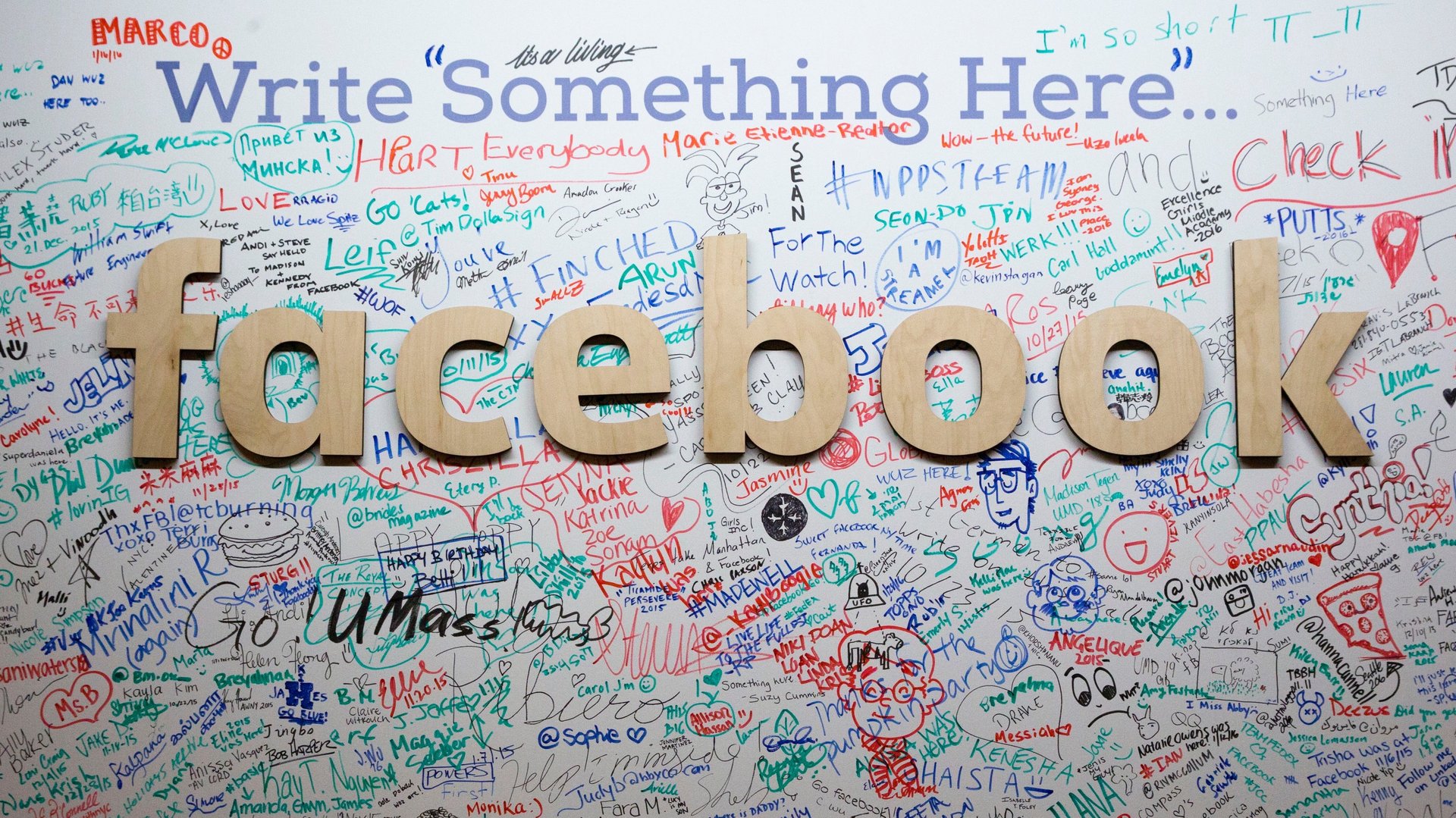Facebook is now prohibiting racial and ethnic targeting—but only for some ads
After facing a backlash over a tool that allows advertisers to purchase an ad where they can choose to exclude certain “ethnic affinities”, Facebook announced on Nov. 11 that it will prohibit the use of racial and ethnic filters in some instances. Rather than eliminating the option entirely, the suspension only affects segments where certain groups have historically been subject to wrongful discrimination—housing, employment, and the extension of credit.


After facing a backlash over a tool that allows advertisers to purchase an ad where they can choose to exclude certain “ethnic affinities”, Facebook announced on Nov. 11 that it will prohibit the use of racial and ethnic filters in some instances. Rather than eliminating the option entirely, the suspension only affects segments where certain groups have historically been subject to wrongful discrimination—housing, employment, and the extension of credit.
“We will disable the use of ethnic affinity marketing for ads that we identify as offering housing, employment, or credit,” Erin Egan, Facebook’s vice president of US public policy and chief privacy officer, wrote in a blog post. “There are many non-discriminatory uses of our ethnic affinity solution in these areas, but we have decided that we can best guard against discrimination by suspending these types of ads.” To identify problematic ads, it will using the same reviewing process it currently has in place to combat discrimination. The company will also offer “educational materials” to help advertisers adhere to the new measures.
The move comes after New York-based non-profit news organization ProPublica called out Facebook after it was able to purchase an ad for a housing-related event that excluded anyone with an “affinity” for African-American, Asian-American, or Hispanic people. Since Facebook doesn’t ask people to identify by race, it uses their likes and Facebook activity to group them under different ethnic categories. A civil rights lawyer said the tool violated the Fair Housing Act and the Civil Rights Act of 1964. A few days after the investigation, a class-action lawsuit was brought against Facebook. The company deems “without merit” and told Quartz that it would “defend [itself] vigorously.”
In the wake of the news, Facebook convened with the Department of Housing and Urban Development, which enforces anti-discrimination housing laws and expressed “serious concerns” over the revelation. Facebook said in its blog post that engaging in discussions with New York State attorney general Eric Schneiderman, the Congressional Black Caucus, the Congressional Hispanic Caucus, and others also helped it arrive at its decision.
Initially, the social media giant had denied that the “ethnic affinity” provision was discriminatory. When questioned by ProPublica about why the category resides under the “demographics” section, Facebook replied that it plans to move the category to another section, but did not say it would eliminate it.
“Multicultural marketing” will still be permitted in select instances because filtering can help “promote inclusion of underrepresented communities” by tailoring the ads to them, according to Facebook. For instance, ads for specific hair products may resonate with African-Americans only or companies may want to target the Hispanic community with ads for Spanish beer. Non-English language ads may also want to find their native language audiences.
This still leaves plenty of room for biases to permeate the platform. For example, the trailer for the 2015 movie ‘Straight Outta Compton,’ about the famed rap group N.W.A, had two versions floating on Facebook: the one aimed at white people reinforced negative “gangster” stereotypes whereas the one targeting black people played up the personalities and histories of the artists, Ars Technica pointed out. Responding to criticism, Facebook told the publication that it is not using racial profiling—it is simply highlighting users who respond well to ethnic content. “They like African-American content. But we cannot and do not say to advertisers that they are ethnically black,” the company said.